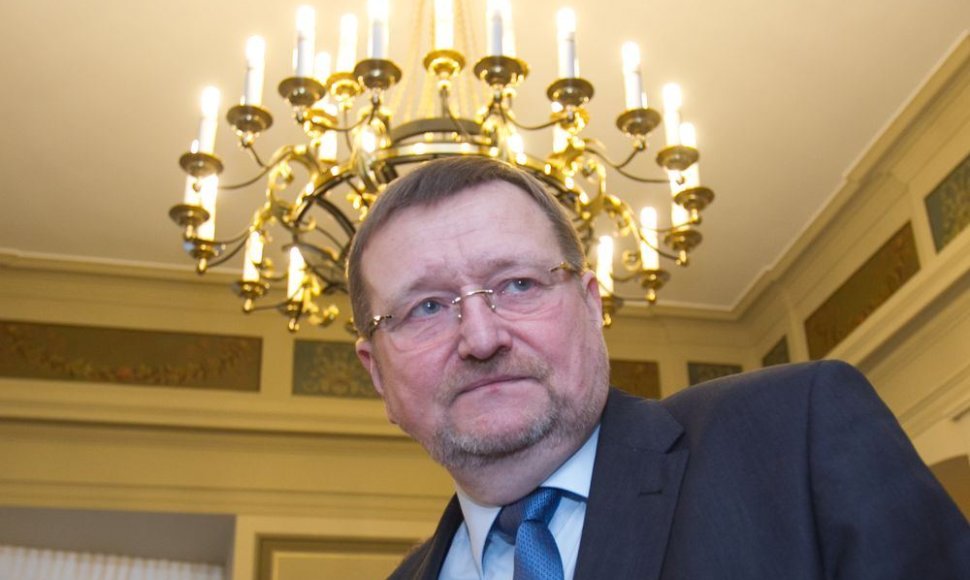"I have set up a task force, which is making the draft, and I hope to have it ready by May 1 in order to submit it for relevant discussions at a certain level at the government. Today I cannot specify the method we will choose, but it is clear that our proposal will not breach the Lithuanian Constitution and will settle the problem in line with human rights," Bernatonis of the ruling Social Democratic Party said during a discussion of the government's annual report at the parliament on Thursday.
The step is linked with requests from the Polish community in Lithuania and the situation of Lithuanians married to foreign citizens.
The justice minister has said that finding a legal solution in the light of provisions of the Constitution on the status of the Lithuanian language as the official language would be a difficult task.
A task force, which was headed by a representative of the Electoral Action of Poles in Lithuania, has proposed that personal names be allowed in non-Lithuanian but Latin characters in passports upon the person's request.
Meanwhile, the Constitutional Court said in 1999 that "a person's first and last name should be spelled in the passport in the official language," as it would “otherwise deny the Constitutional status of the official language." The Constitutional Court again confirmed the provision in 2009, saying that "entry of a person's first and last names in non-Lithuanian characters among other entries in passport should not be equaled to the entry of the person's identity in the official language."
In April 2010, parliament voted down a bill drafted by the government of Conservative PM Andrius Kubilius, which suggested allowing Latin characters in the original spelling of first and last names.












